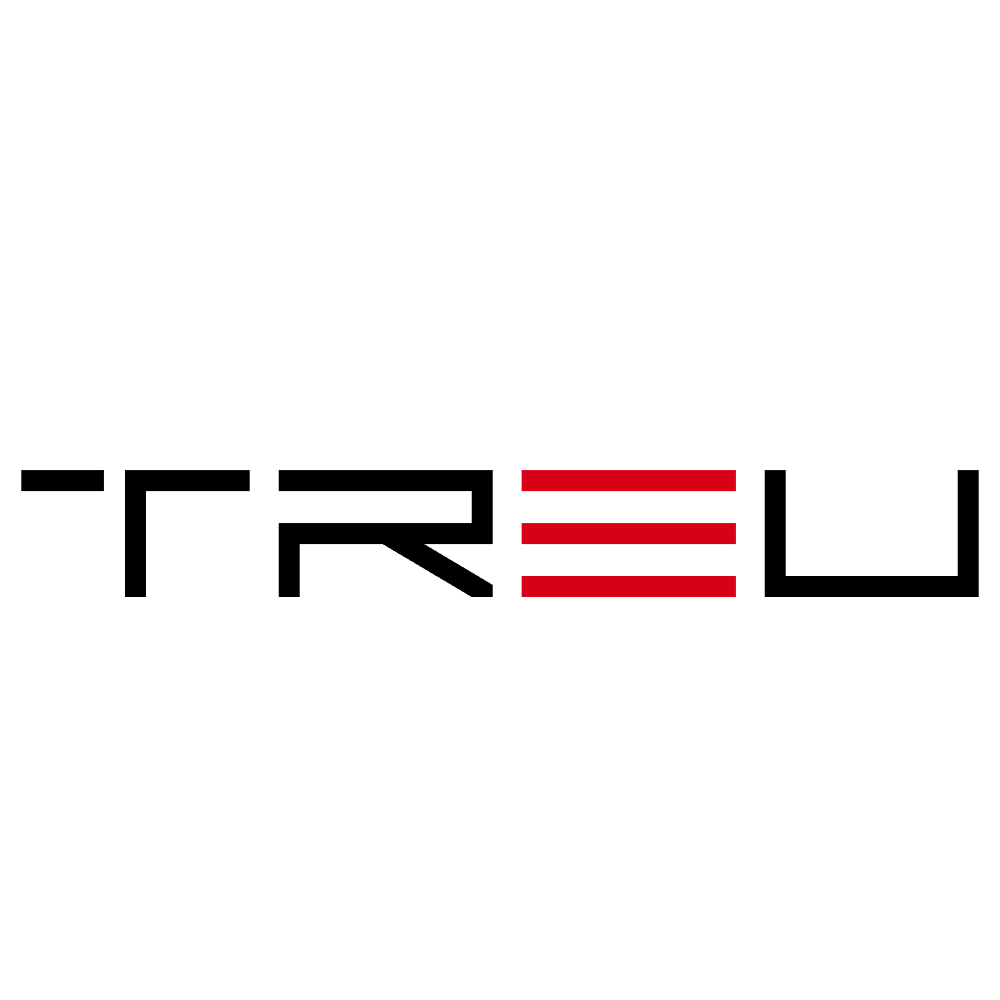AI Disrupts Jobs as Tech and Telecom Layoffs Surge
The AI Revolution Spurs Workforce Transformation
The widespread integration of artificial intelligence (AI) is transforming industries at an unimaginable pace, but beneath the surface lies a disruptive ripple effect—significant job displacement across tech and telecom sectors. What was once hailed as a tool to increase productivity and optimize operations is now contributing to mass layoffs, restructuring, and industry uncertainty. As AI reshapes business models, the workforce is caught in the crossfire of innovation.
Emerging technologies are reengineering traditional roles, forcing companies to reassess staffing needs. The consequences? A growing tide of layoffs, employee unrest, and urgent calls for reskilling and digital fluency.
A New Wave of Layoffs Across Tech & Telecom
As of early 2024, both technology and telecommunications companies are experiencing substantial reductions in their headcounts. These layoffs are driven by several intersecting factors:
- Increased automation of back-office operations
- Pressure to reduce operational costs amid tough economic conditions
- Adoption of AI-powered platforms eliminating certain roles entirely
Seminal tech giants like Alphabet (Google), Microsoft, and Amazon have all announced workforce reductions, citing a “realignment of resources” toward generative AI and automation initiatives. Telecommunications firms such as BT Group and AT&T are following suit, citing AI and digitization as core components driving their future strategies.
In one of the more striking announcements, BT Group shared its plan to cut up to 55,000 jobs by the end of 2030. That’s nearly 42% of its workforce, with up to 10,000 of these roles expected to be replaced by AI technologies. The company’s CEO, Philip Jansen, was candid: AI and digital capabilities are enabling BT to serve customers in completely new ways, reducing the need for a human workforce.
The Driving Force Behind This Shift: AI at Scale
AI’s rapid evolution is no longer confined to data centers or experimental labs—it is becoming a foundational pillar of day-to-day operations. From customer service chatbots to predictive network maintenance, AI systems offer remarkable cost savings. Companies are swiftly recognizing that algorithms can now perform repetitive, rule-based tasks faster, cheaper, and with greater accuracy than their human counterparts.
Key areas where AI is replacing human labor include:
- Customer support – AI chatbots and virtual assistants can handle thousands of queries instantly
- Network diagnostics and maintenance – AI systems detect faults and initiate proactive fixes
- Logistics and supply chain – AI optimizes routing, delivery scheduling, and inventory management
- Marketing and analytics – Advanced AI tools now generate insights and even write content
For many organizations, the shift to AI is essential not just for efficiency, but survival. Telecom operators in particular are under immense pressure to modernize their infrastructure while keeping costs lean. AI offers a structured path to achieving both—at the expense of human capital.
Employee Anxiety and the Reskilling Imperative
While the operational gains from AI are impressive, the human toll cannot be overlooked. With tens of thousands of jobs being cut or repositioned, employees are rightfully concerned about their future. Industry analysts warn of growing anxiety among telecom and tech workers who now face heightened uncertainty about their roles.
This pressure is igniting a global conversation around reskilling, upskilling, and workforce transformation. Companies are being urged to invest in training programs that help current employees transition into roles that complement AI, rather than compete with it.
Governments and educational institutions are also being called upon to fill the digital literacy gap. Preparing the workforce for an AI-driven economy means training people in areas such as:
- Data science and AI model development
- Cybersecurity and network engineering
- AI ethics and policy governance
- Human-centered design and customer experience
Not All Jobs Are Being Lost—They’re Evolving
Lost in the doom and gloom is a crucial point: AI isn’t just eliminating jobs, it’s also creating new roles and industries. Human oversight, ethical leadership, AI training, and model auditing are all growing fields of employment. Moreover, AI cannot yet match human creativity, emotional intelligence, or strategic thinking in complex scenarios.
Forward-thinking companies are shifting from a cost-cutting mentality to a talent-transformation strategy, focusing on:
- AI-human collaboration—Harnessing the complementary strengths of machines and people
- Hybrid roles—Emerging jobs that blend technical fluency with human insight
- Internal mobility—Moving employees into adjacent or evolved roles using targeted training
In essence, the nature of work is being redefined—not entirely destroyed.
What This Means for the Industry
Tech and telecom firms sit at a crossroads. While AI can dramatically enhance profitability and performance, it must be implemented strategically and ethically. Leaders must acknowledge not just the benefits of AI adoption but the broader societal consequences.
To future-proof their organizations, companies must:
- Balance automation with human impact
- Invest in scalable, inclusive retraining initiatives
- Build transparent AI governance frameworks
- Foster a culture of agility and continuous learning
Ignoring these responsibilities could lead to instability, public backlash, and missing out on the full potential of the AI revolution.
Looking Ahead: The Human Factor in an AI World
As AI continues to disrupt global job markets, one thing is clear—the future of work will look radically different. For tech and telecom sectors, adapting isn’t optional—it’s existential.
The layoffs we see today are part of a broader transformation toward more agile, AI-integrated businesses. While the short-term human cost is significant, long-term success will hinge on how companies treat their people amid this upheaval.
Executives face a defining question: Will AI be used to eliminate humans—or empower them? The companies that find the right balance will be the ones that lead in the next decade of digital growth.
Conclusion: Redefining the Workforce, Responsibly
The surge in tech and telecom layoffs due to AI is a stark reminder of the double-edged nature of technological progress. While AI promises tremendous productivity and economic benefits, it also demands responsibility. Companies can no longer afford to view talent as expendable.
A new industrial era calls for a new social contract—one where humans and machines coexist, where AI is a tool for augmentation, not replacement.
To navigate these disruptive times, organizations must place people, purpose, and progress at the heart of their AI strategies. Only then can the gains of innovation be shared widely across the workforce and society at large.

